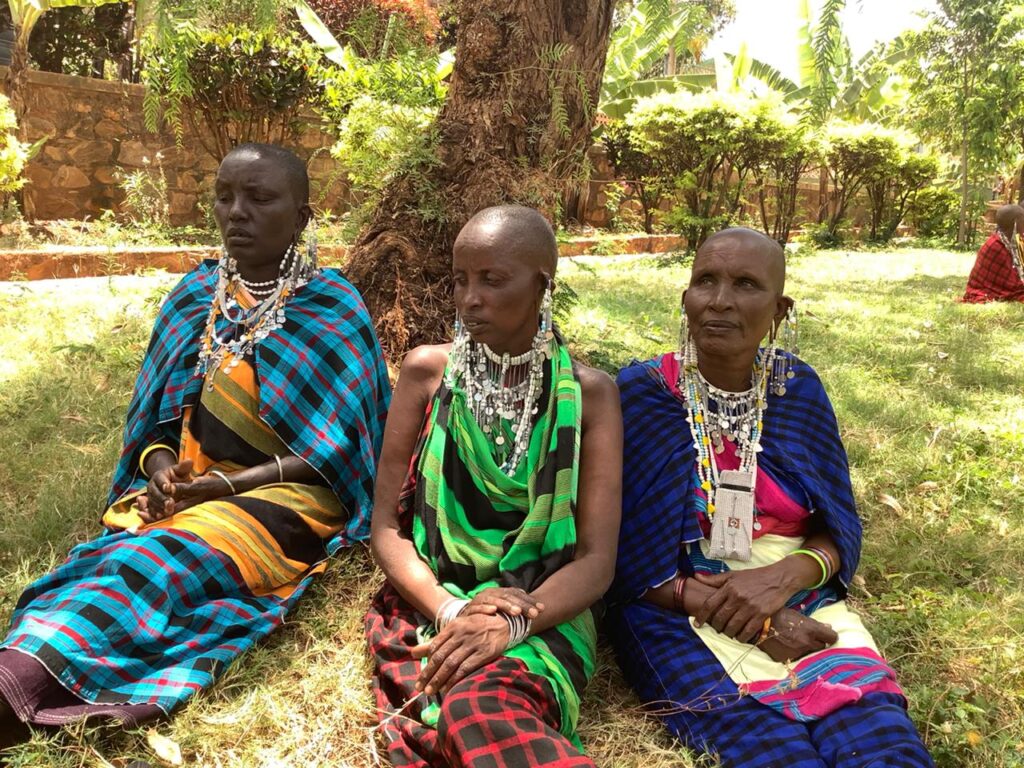About Us

Longido District is one of pastoral districts in Tanzania, formerly part of the Monduli District in 2005. Longido is a pastoralist area mainly occupied by the Maasai Community. The Maasai came to the area about 5 centuries ago from the north, crossing through Kenya and settling in the area where there were natural water springs, flowing rivers and a lot of grass for pasture. However, during drought periods, they migrated to a variety of areas in search of pasture for their livestock.LOOCIP is thus a registered charitable, not for profit, community-based organization (CBO). Its main purpose is to strengthen the Maasai community, alleviating its poverty and marginalization. In other words, LOOCIP is targeting to build a community that is educated, healthy, and food-secured, with access to sustainable clean and safe water, stable income and living in peace and harmony under good leadership, respecting gender and human rights.
Vision
We aspire to see a Longido District Community that is educated, physically, spiritually and economically health, adequately supplied with food and safe water, living in peace and harmony under good leadership and respectful of the environment, gender and human rights.
Mission
To promote holistic transformational development through educating, facilitating, maintaining relationships, networking and advocacy
- Advocate for gender equality, with a special focus on access and outcomes in education.
- To spearhead the development and maintenance of adequate education and health management infrastructure in the target communities
- To build the capacity of the Maasai communities in order to improve their leadership, advocacy, education development, livelihood quality and sustainability, health management , natural resource management, and access to modern technology.
- To strengthen innovative sustainable livelihood options (eg. exploitation of locally available resources minerals, wildlife and natural land features attractions)
- To advocate for and facilitate the development of adequate and clean water supplies
- To establish modern communication systems through rural -based internet services and management of information systems (MIS) for local community institutions.
- To advocate for the review, improvement and development of appropriate policies and laws to support a conducive environment for pastoralists livelihoods.
- To network with local and international volunteers with appropriate skills and resources that can help bring positive development changes in the target community.
- To build capacity for monitoring and evaluation of community development initiatives that enhances growth and further learning, through research and information sharing.
